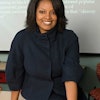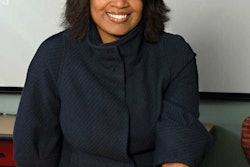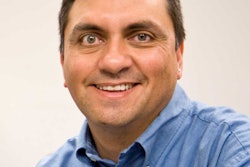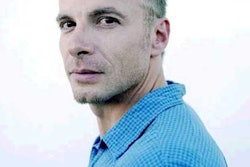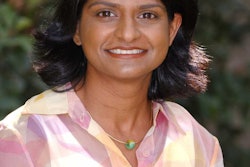Dr. Luis Urrieta Jr. Draws distinct lines to separate his professional life from his personal life, but his work is, in fact, personal to him. He studies Chicano/a and Latino/a education, identity, agency and social movements and indigenous education, among other topics, because of his upbringing in Los Angeles, he says.
"Growing up in East L.A. and Pico Rivera, (Calif.)," says Urrieta, "and being of Mexican parents and having a lot of those contradictory experiences in school, you know, going through some of my own acculturation and assimilation processes, my own bilingualism, my own relearning of a lot of things, has just led me in a lot of directions in terms of identity."
Although Urrieta's parents kept him and his siblings out of trouble in a rough neighborhood and focused them on doing well in school, they had no knowledge of the college admissions process and could not offer him much academic guidance. It wasn't until a field trip with a ninth-grade Japanese-American teacher, Mrs. Tanigawa, that he visited the University of California, Los Angeles, campus and realized the possibilities in academia.
"I didn't know that people actually sat around under trees and read," says Urrieta, who had a proclivity for reading as a child.
Urrieta later enrolled at UCLA and earned a bachelor's with the highest departmental honors in anthropology. Then, at the urging of an African-American graduate student, Adande Washington, he decided to go for a master's degree. However, his plans to apply to graduate school took a detour when he was prompted by happenstance to open the letter of a recommender before sending out his application. The only professor who had given him an A+ in college wrote a terrible recommendation saying the only reason Urrieta had been let into the honors program was because of his mentor, Washington, and that he would be a liability for any graduate program.
With his hopes and self-confidence dashed, Urrieta took a hiatus from academe and went into teaching for four years. In retrospect he says he now realizes he could have continued with his plans to apply to graduate school by getting a recommendation from another professor. At the time, however, it had an impact on him.
"I was young, and I was very sensitive to what other people thought about me," he says.
